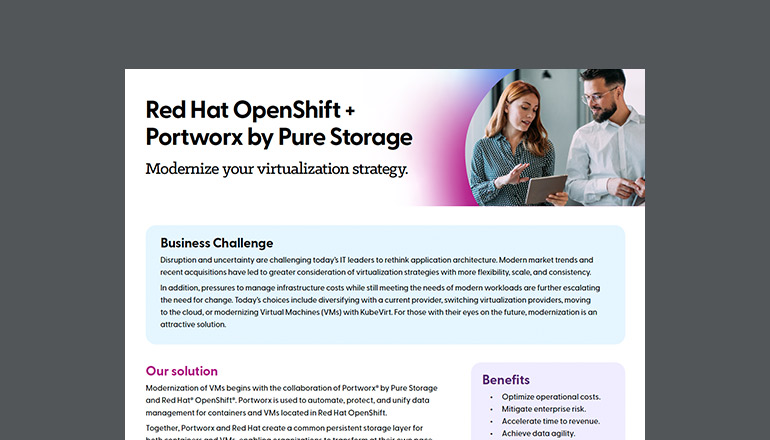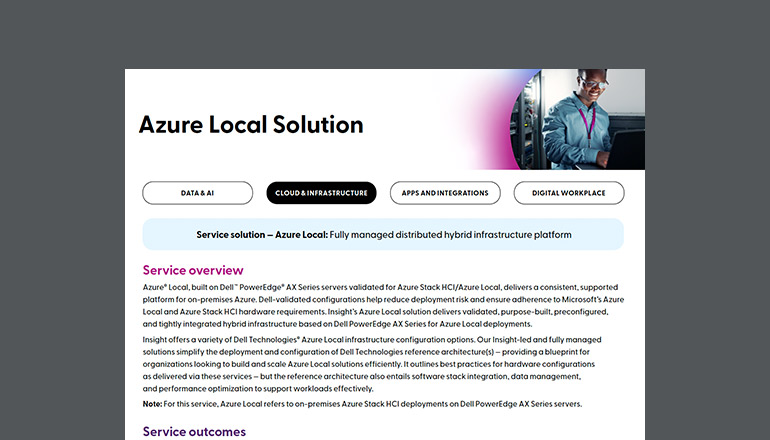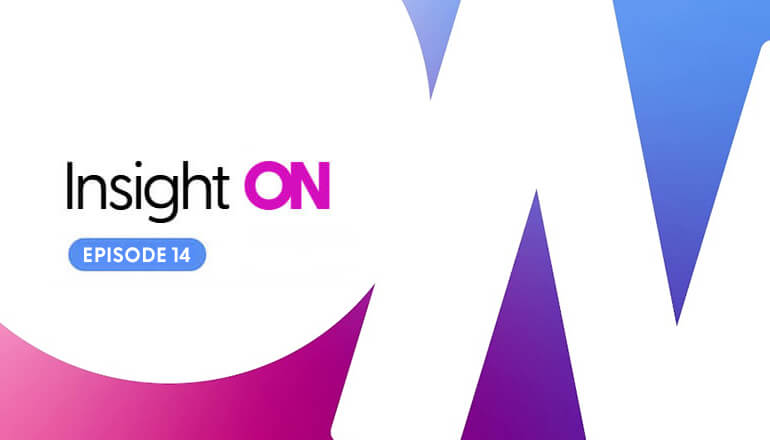Blog Khan Academy: The Right Equation for Enabling College Graduation
Beyond finances, what would you think is the top obstacle for students to complete a college education? The biggest barrier is actually a first-semester problem: passing college algebra.
By Megan Amdahl / 26 Jul 2022

According to the National Center for Education Statistics, 59% of students at public two-year institutions and one-third of students at public four-year institutions need to take remedial math because they are not prepared for college-level courses (I see you, quadratic equations, my old friend). Roughly half of those (51%) at two-year schools and 41% at four-year schools never pass, halting their aspirations for a degree before they ever really get going.
Giving high-school students a jumpstart on college algebra is a powerful solution. That’s why this spring, Insight has been fortunate enough to work with Intel to support nonprofits Khan Academy and National Education Equity Lab in launching a pilot effort that gave about 100 high-achieving students at five historically underserved high schools in Miami, New York City and Newark, New Jersey, an early taste of higher learning.
Khan Academy and the National Ed Equity Lab share similar goals of propelling access to world-class education and cultivating opportunities to earn a degree for high-achieving students in historically marginalized communities. The organizations partnered with Howard University to facilitate the school’s College Algebra I course through Khan Academy’s online learning platform, with math teachers at the high schools combining both in-class and online curriculum to help students advance at their own pace.
Thanks to a $150,000 donation by Intel, Insight provisioned and sent learning kits that included backpacks, headsets and laptops powered by the 12th Gen Intel Core Processor to 110 students and teachers. Besides gaining early college credit for completing their algebra course, we hope the laptops the students take with them to their next stage of learning serve as a valuable resource for their entire class load … because, let’s face it, English 102 and biology are no joke either.
The great news? With the recently concluded academic year, Khan Academy and the National Ed Equity Lab are now excited to announce the success of the Spring 2022 pilot: 92% of students who started the course completed it, with 82% passing Howard College Algebra and receiving a transcript and widely transferrable college credits from Howard University. The spring semester tested the learning model — online mastery mechanisms, teachers’ in-class facilitation, etc. — as much as the students.
Ultimately, the aspirations are to scale the program nationally as a yearlong class, spreading availability to all Title 1 schools in which students from low-income families make up at least 40% of enrollment. Beyond Howard University, the National Ed Equity Lab partners with a consortium of universities and colleges (including my hometown alma mater, Arizona State University) that could potentially expand the curriculum.
We are so grateful to work with amazing partners like Intel to help enable noble causes like this. Through our Reach program, Insight continually seeks opportunities to back nonprofit organizations like Khan Academy and the National Ed Equity Lab to use our technology resources and solutions for good. And nothing is better than removing the roadblocks from brighter futures for our nation’s future leaders.




